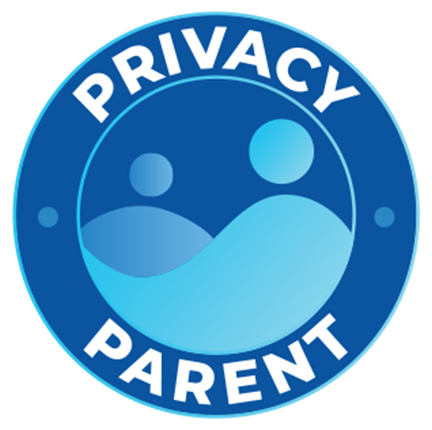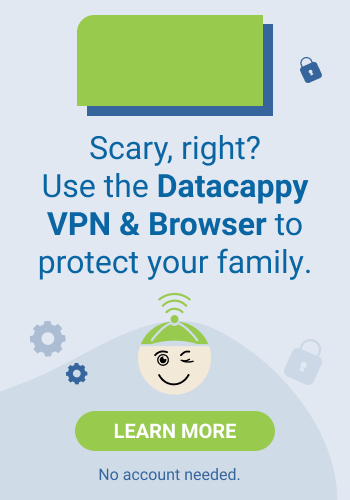
It is difficult to turn on the television or browse news online today without being assaulted by another privacy breach by a major company. In coverage of the latest hack or security lapse, you may have heard the term “third-party hosting” and wondered exactly what it means and how it relates to your online privacy. This is an important concept for families to understand, as third-party hosting is considered the weakest link in cybersecurity today.
Anytime your personal information, pictures, documents or other data is outsourced for storage or processing to another entity, you are dealing with a third-party host. For instance, you uploaded your photos to a social media platform, along with descriptions of the images and where they were taken. That data is likely stored not on the social media platform, but by another organization in the background that’s keeping everything humming along behind the scenes.
Anytime you or your family’s personal information is shared with a third-party, you are increasing its vulnerability to hackers, identity thieves, or anyone else. In addition, you’re losing an element of control over how your data is being used. Many times, the terms and conditions on a website that you automatically accept without reading can include some pretty onerous details—allowing organizations to use your data as they see fit for advertising, research and even for future product development. As a parent, this is troubling: Imagine how someone is now targeting your children based on the type of games they are playing or what they are searching for online.
There are some specific actions that you can take to keep your family’s privacy intact onlin:
- Block cookies from sites that use them.
- Read a site’s terms and conditions carefully before using it.
- If you blog, look for platforms that are clear about their hosting services.







